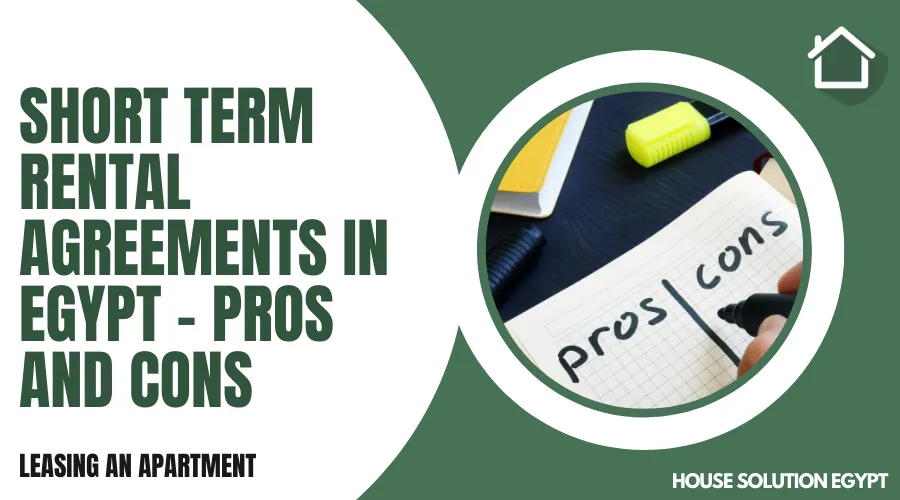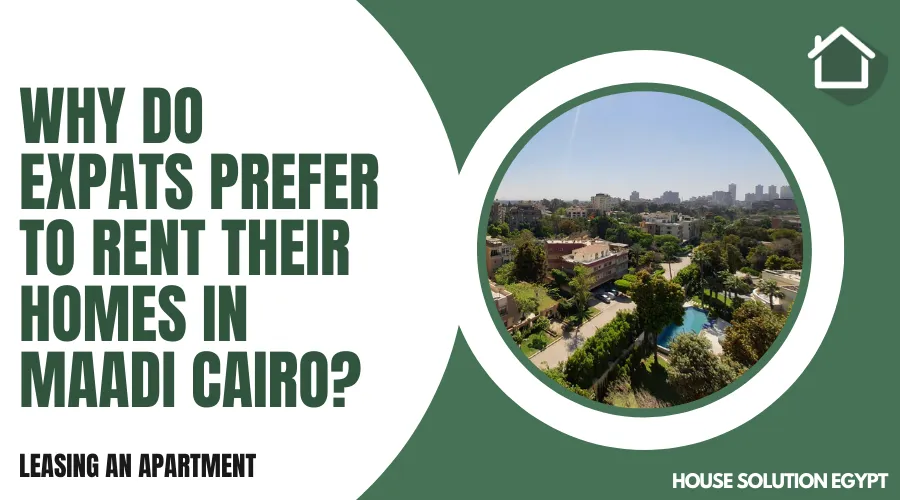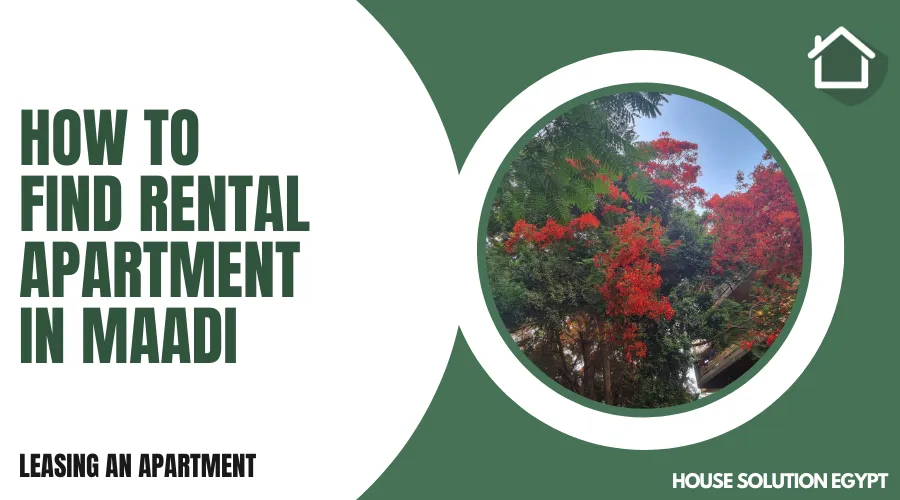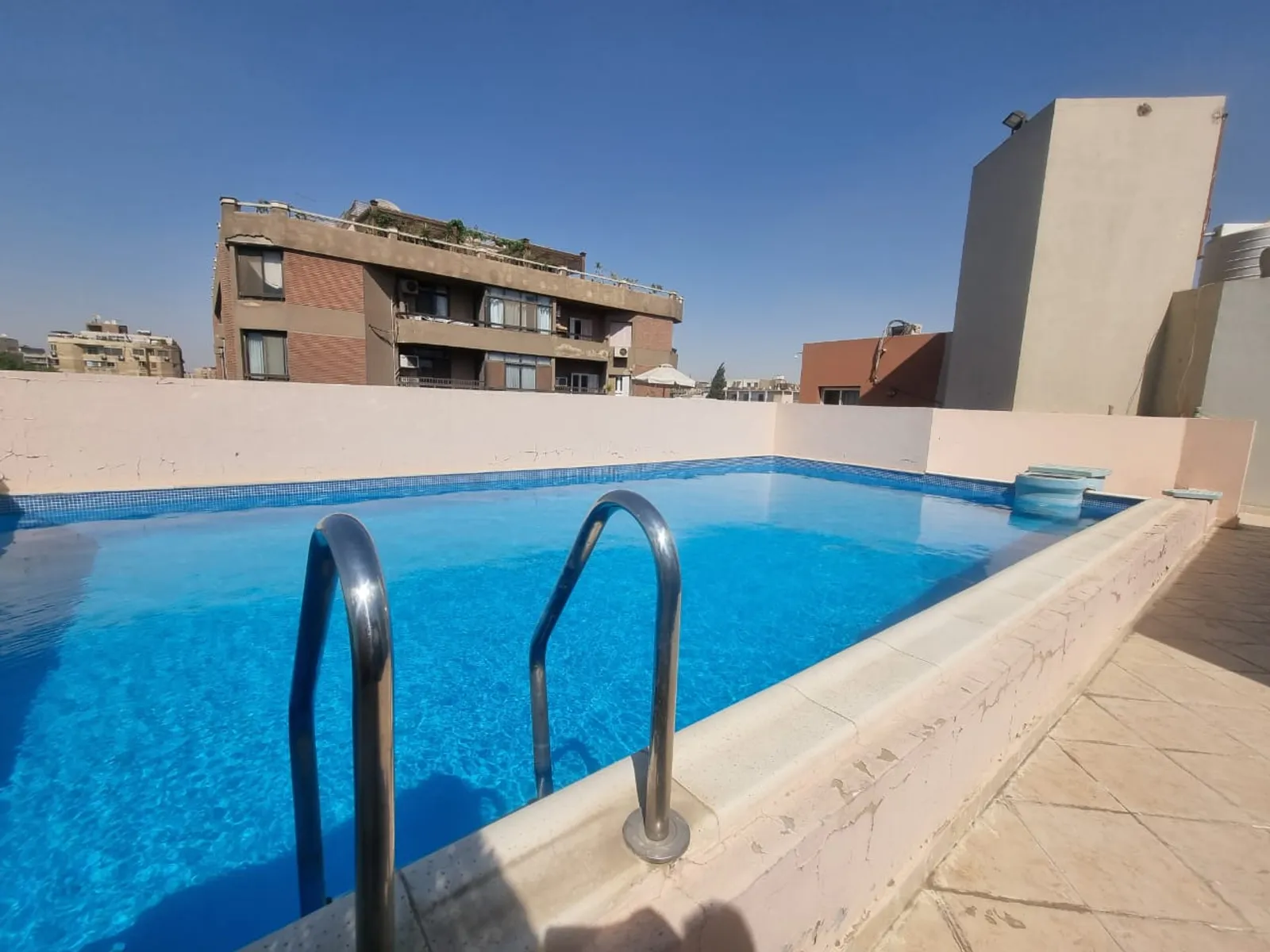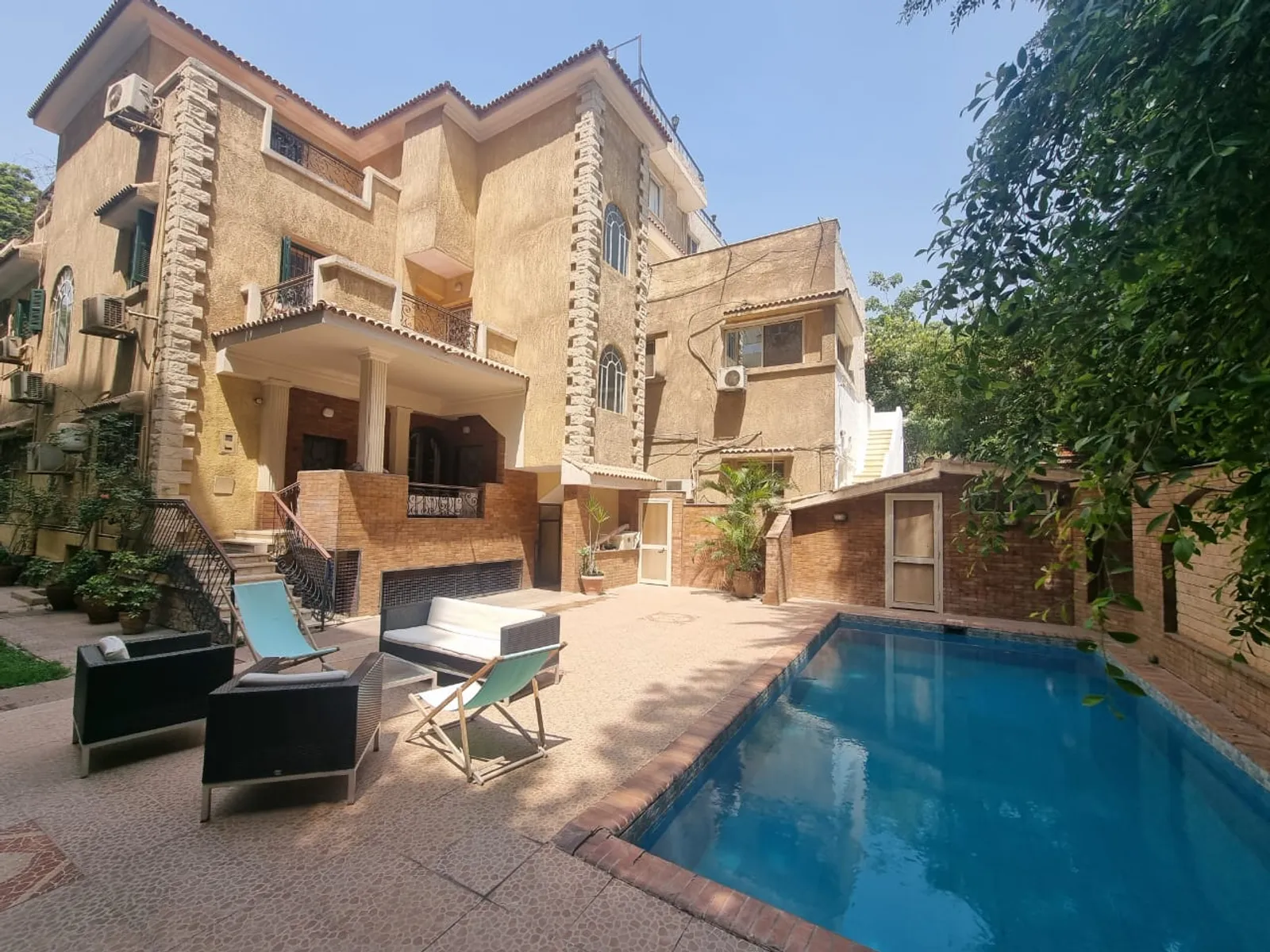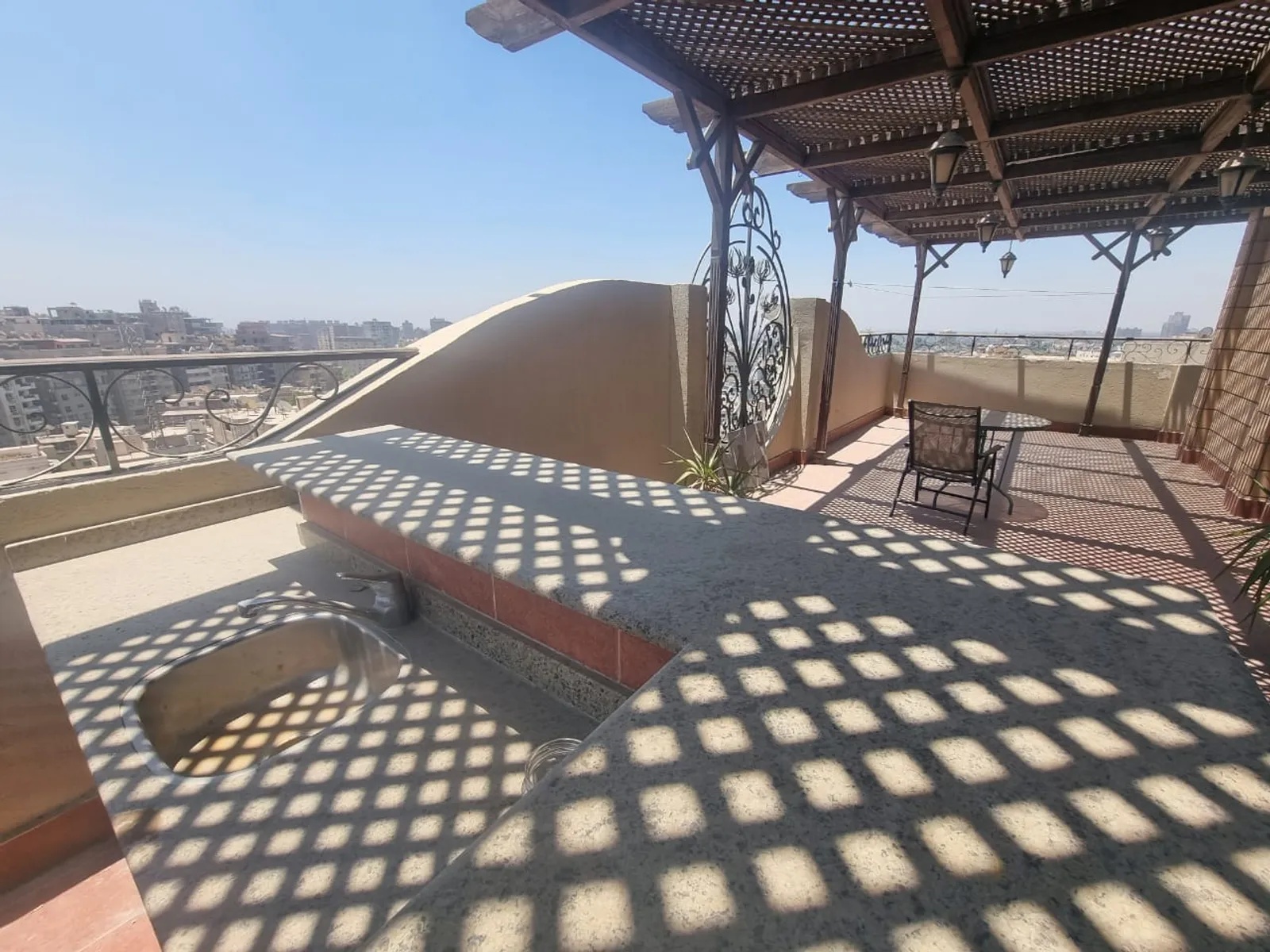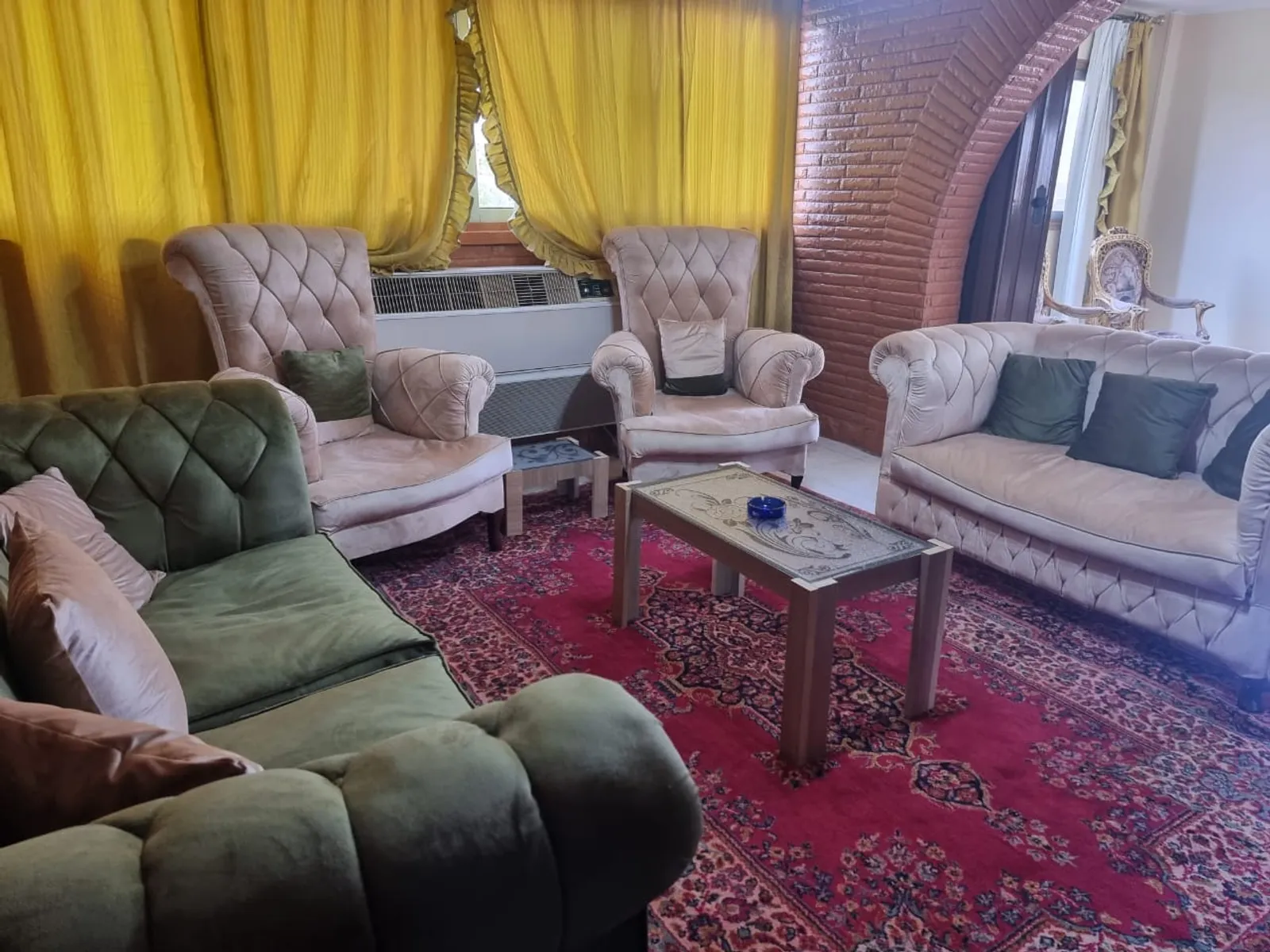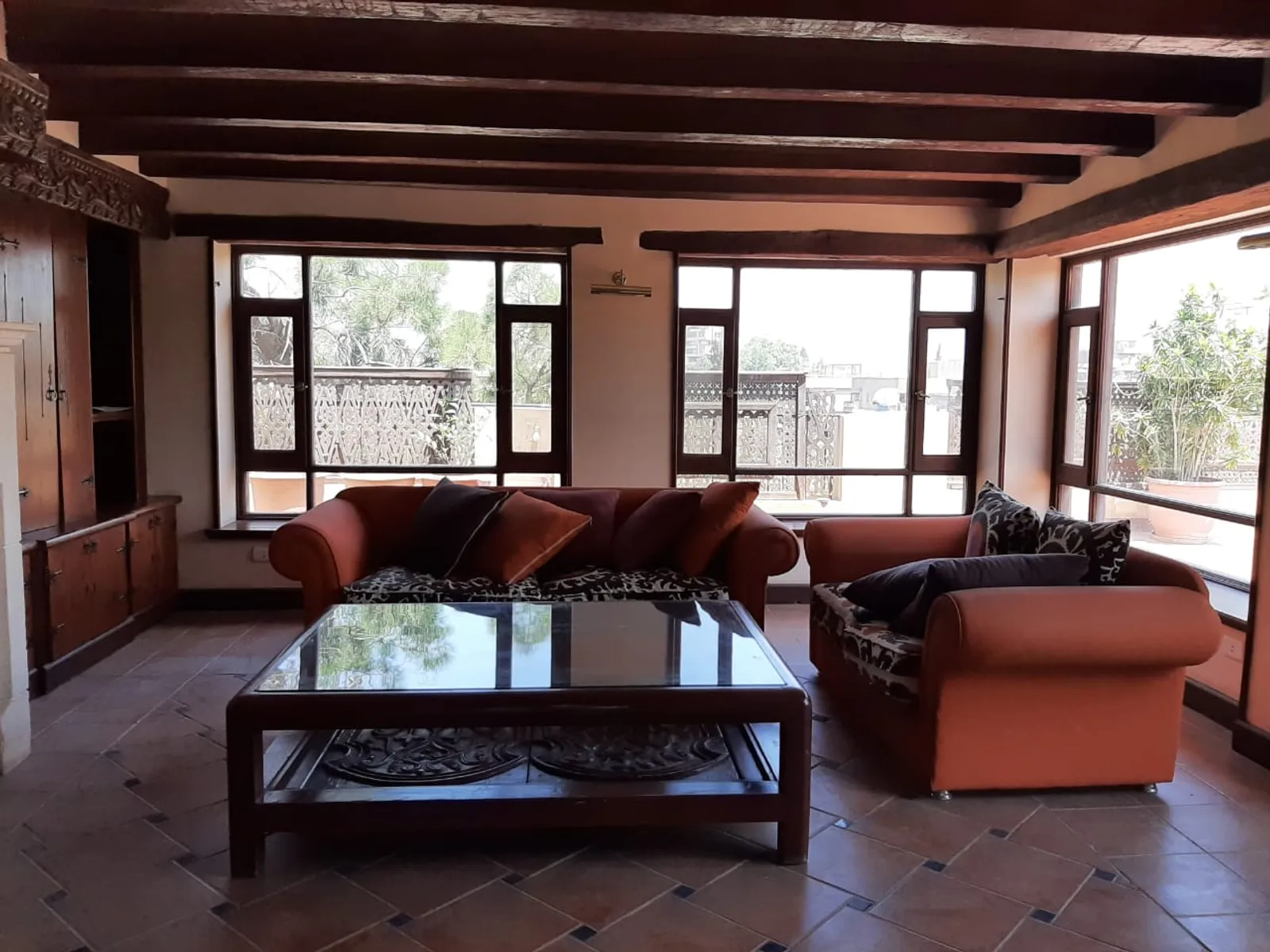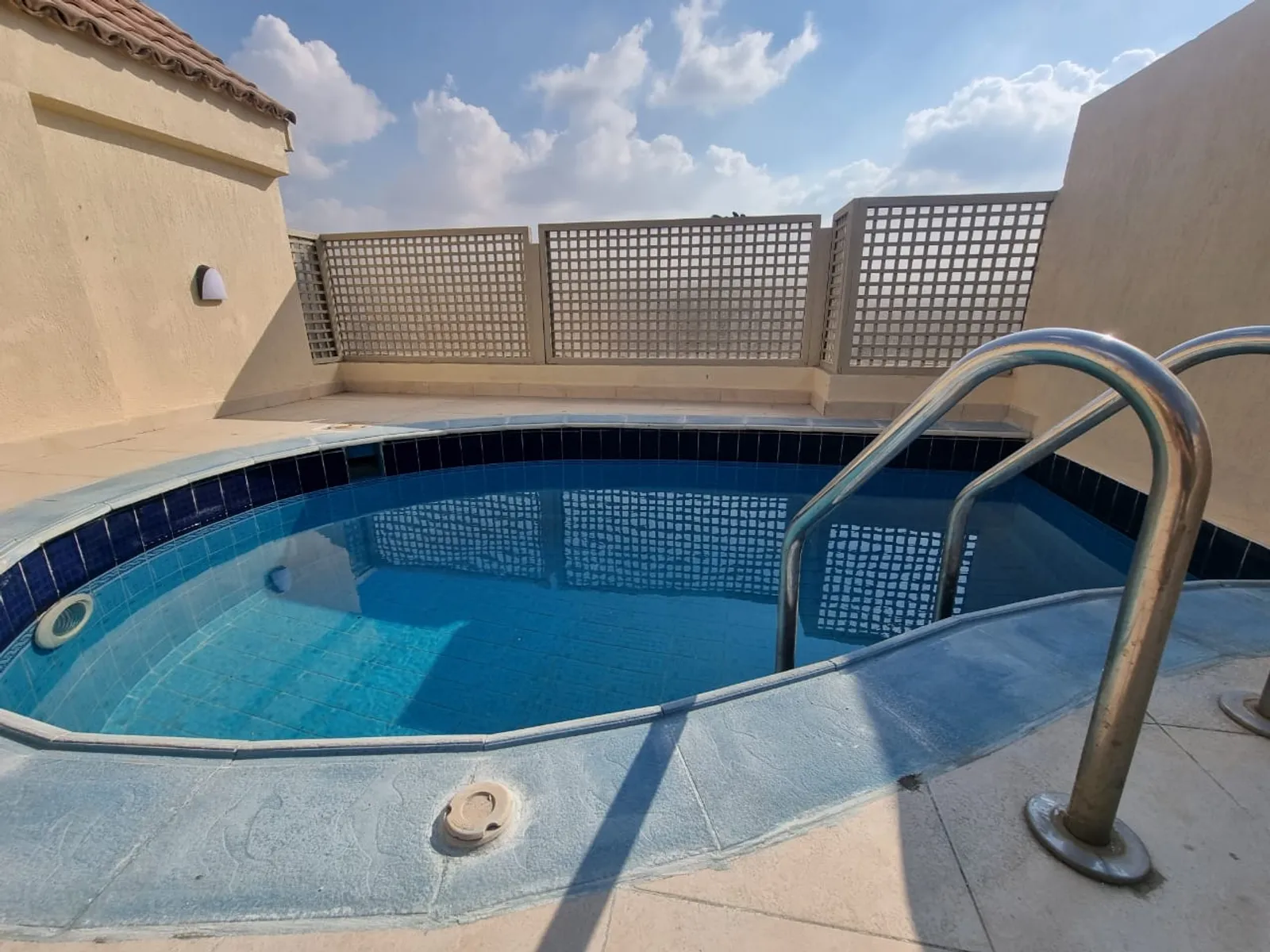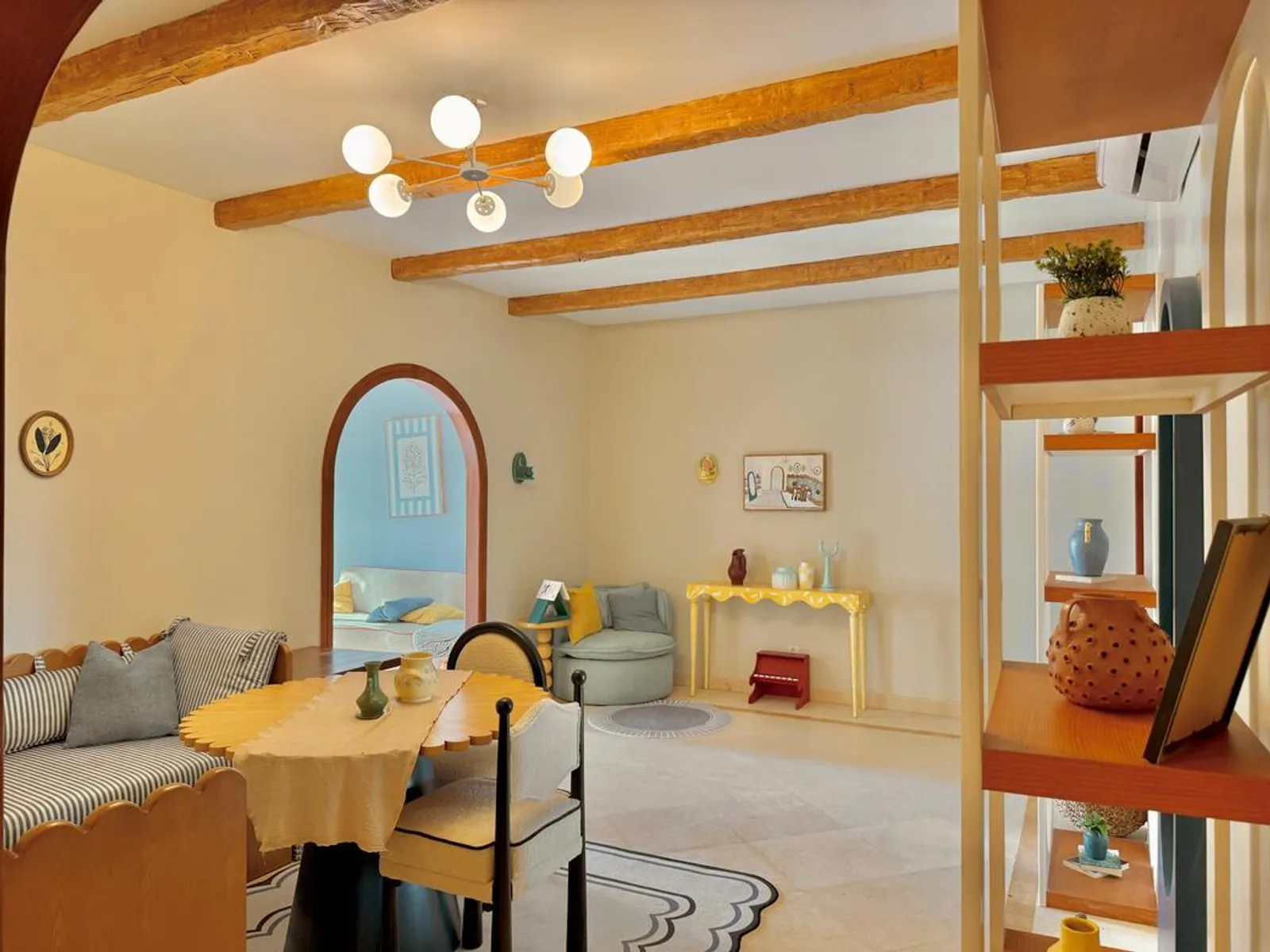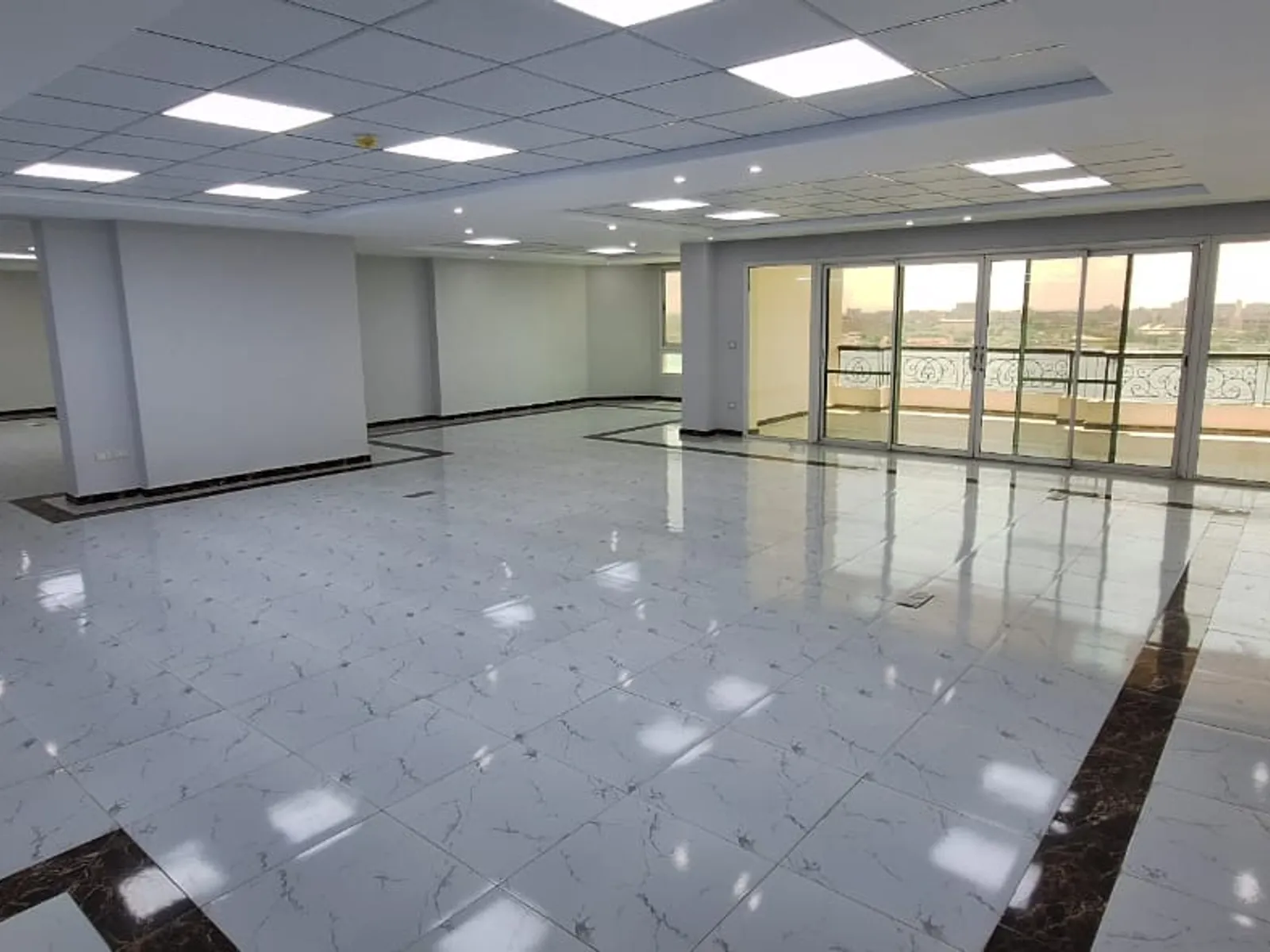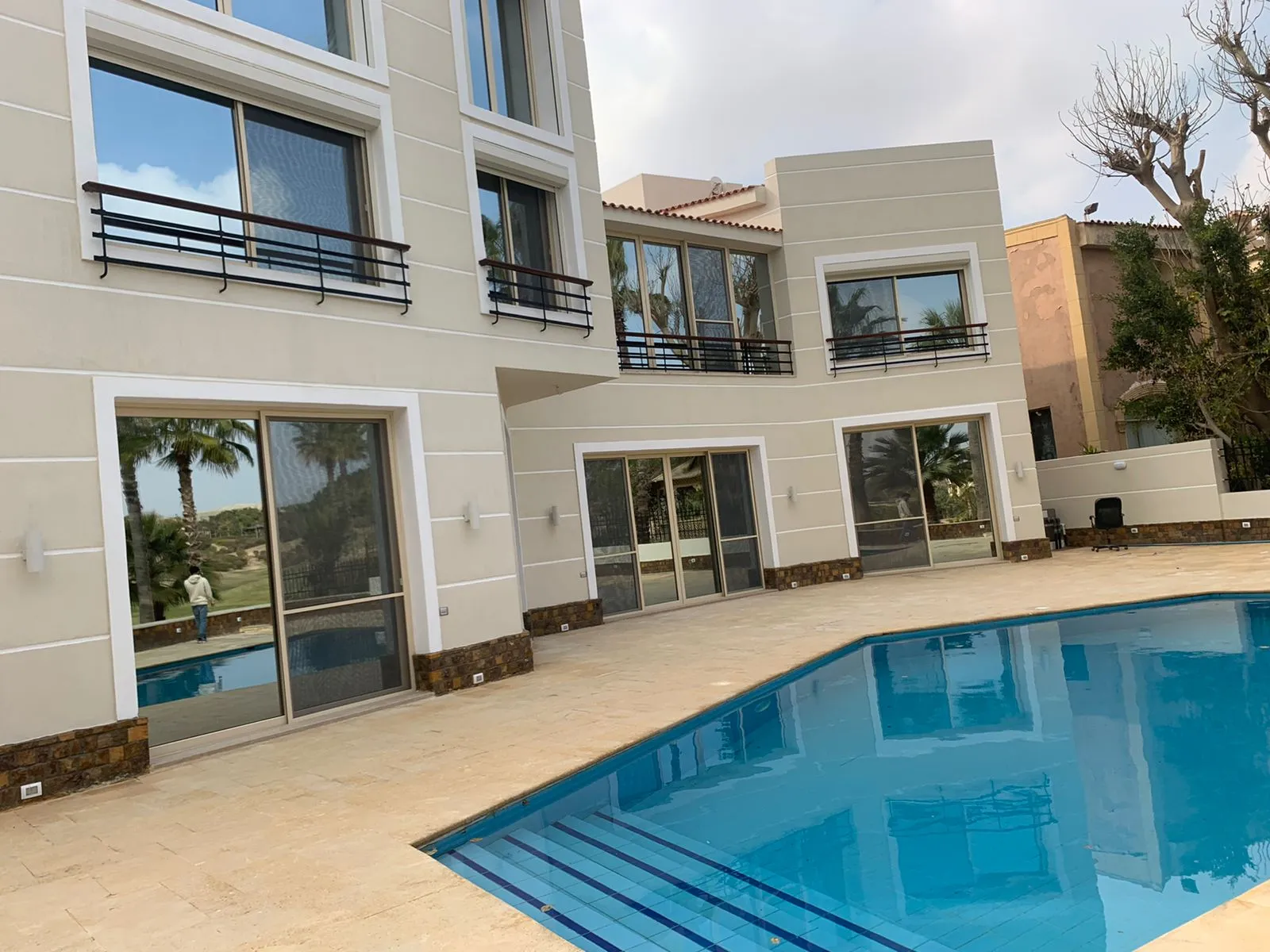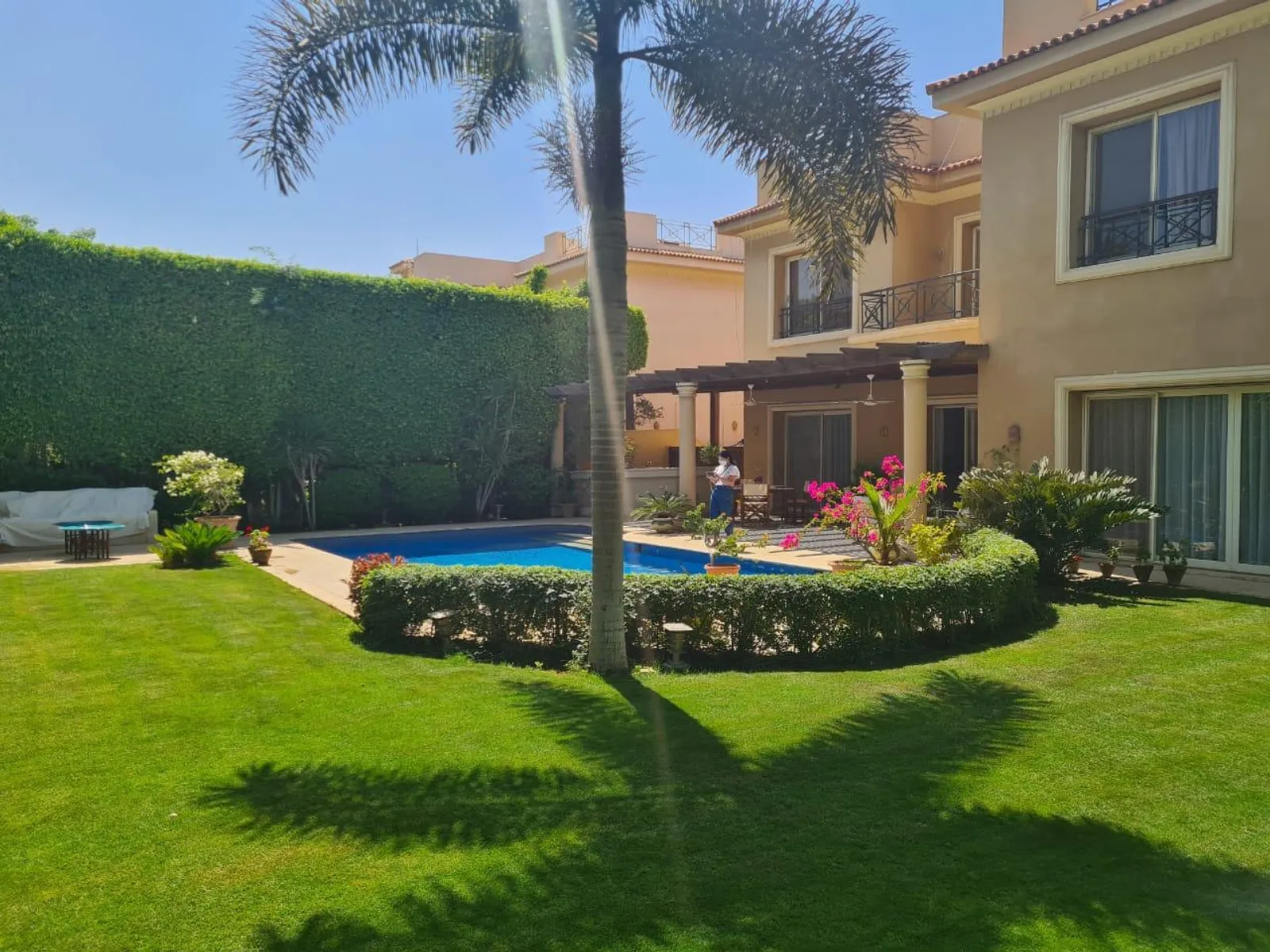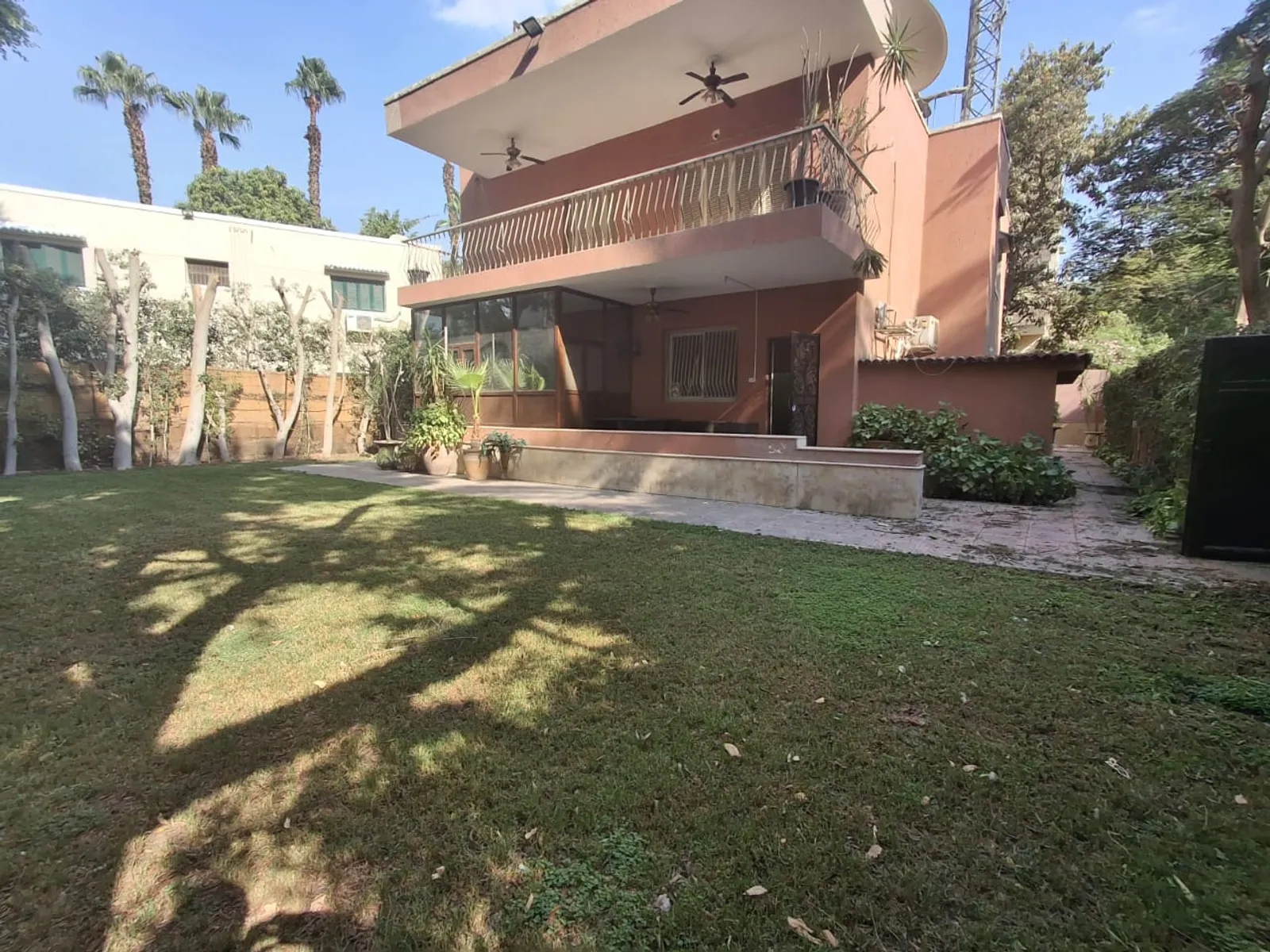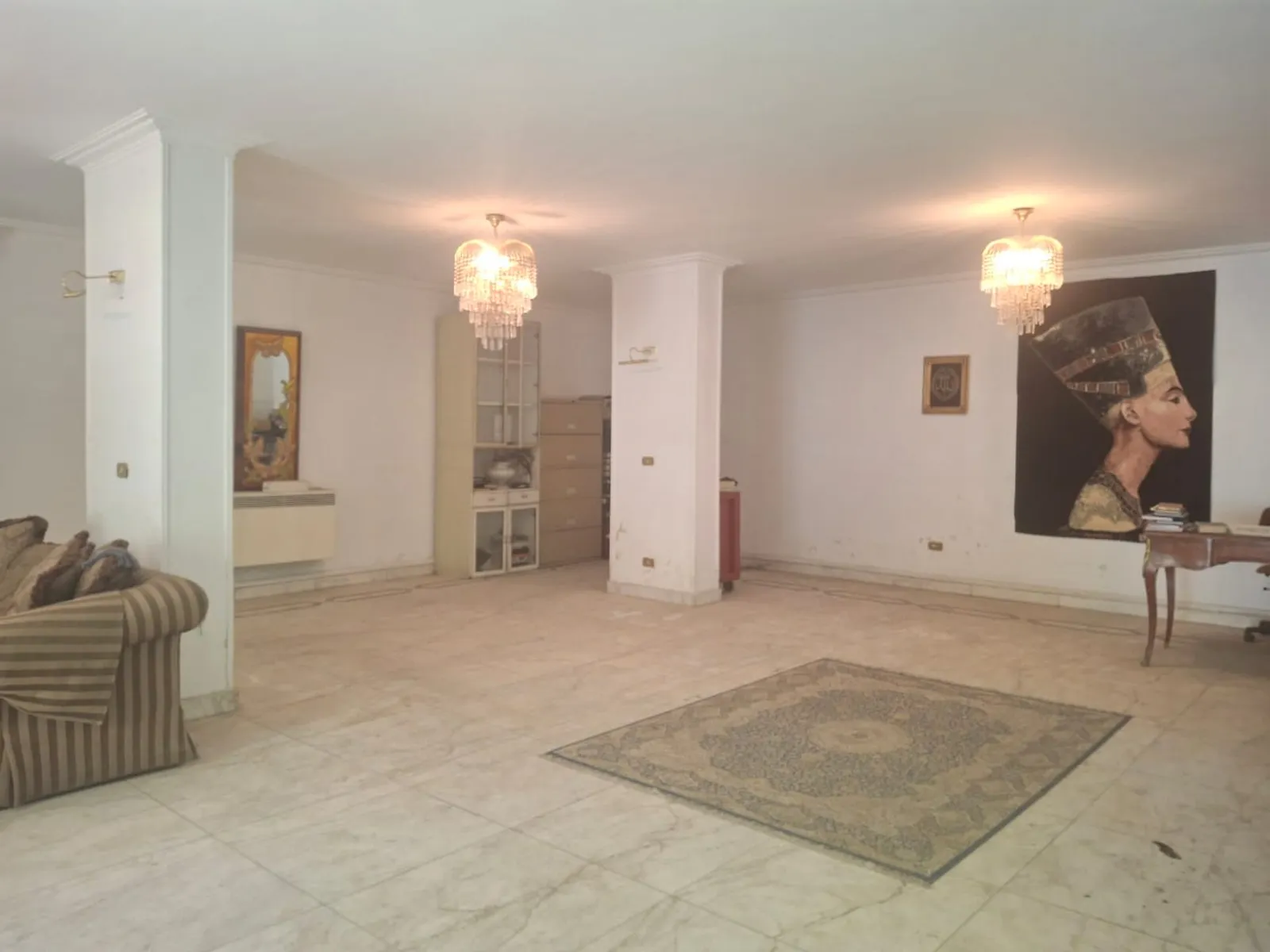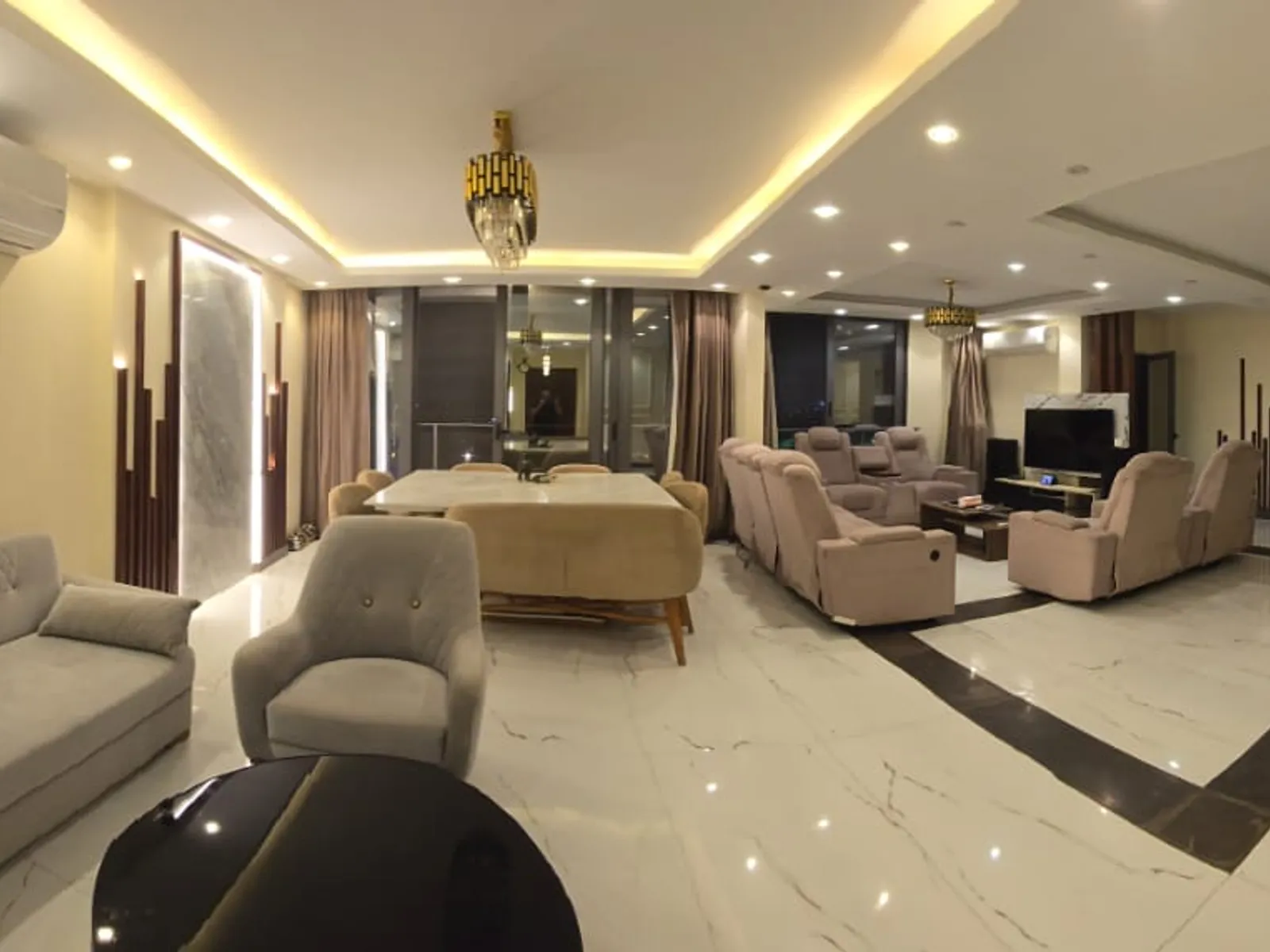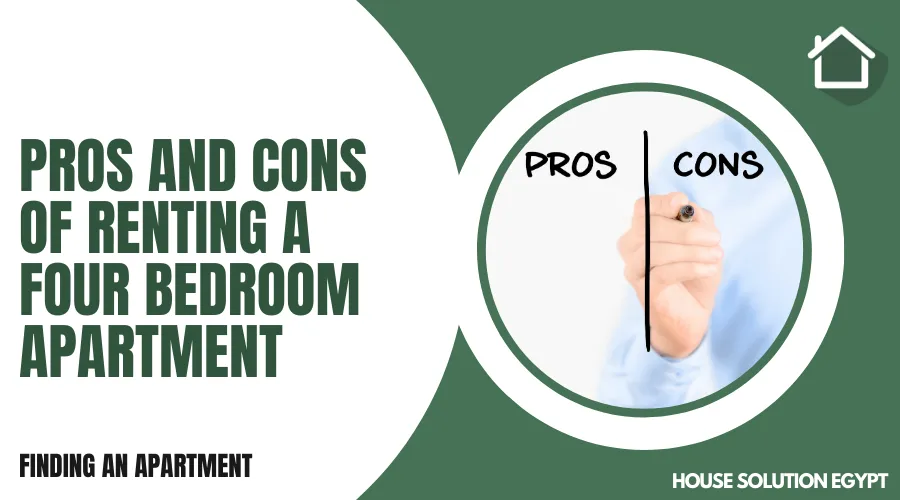GUIDELINES TO RENT A PROPERTY IN EGYPT AS A FOREIGNER
Renting an Apartment|3.8 MIN READ|Updated on: 22 September 2025|Written by: Hossam Younes
Expat-focused guide covering documents, contracts, deposits, payments, neighborhood tips, and FAQs.
Who This Guide Is For
If you are relocating to Cairo, New Cairo, Maadi, or the North Coast for work, study, or remote life, this guide gives you a practical, step-by-step framework for renting in Egypt with confidence. You will learn what documents to prepare, how to evaluate contracts, what deposits and payments to expect, and how to compare short-term vs. long-term rentals and furnished vs. unfurnished options.
Essential Documents & Identity
- Passport: The primary ID used for tenancy agreements.
- Visa / Residency permit: Often required for long-term leases and utility registrations.
- Proof of employment/income: Offer letter, work contract, or bank statement (especially for premium units).
- Local contact: Landlords (and some compounds) ask for a local phone number and/or emergency contact.
- Security deposit: Typically 1–2 months of rent; clarify refund timing and inspection rules.
Tip: Keep digital copies ready. For entry requirements and visas, see the official Egypt e-Visa portal and background notes like UK GOV entry requirements.
Contract Structure: What to Check Before You Sign
- Language: Request a bilingual (Arabic–English) lease and ensure both are signed. In disputes, Arabic usually prevails.
- Term & renewal: 12 months is common; check renewal clauses and annual increase rules.
- Payments: Clarify currency (EGP vs. USD), method (bank transfer, post-dated cheques), and due dates.
- Deposit refund: Define move-out inspection criteria, repair responsibilities, and refund schedule.
- Utilities & services: Who registers and pays for electricity, water, gas, internet, and compound fees?
- Maintenance: Response time standards, appliance coverage, and who handles wear-and-tear vs. tenant damage.
- Early exit: Notice periods (30–60 days), subletting rules, and penalties.
- Inventory list: For furnished units, attach photos and a signed inventory to avoid end-of-tenancy disputes.
Money matters: Learn currency basics via the Egyptian Pound (EGP). When paying in foreign currency, agree on the exchange rate source and date.
Comparisons: Choose the Right Rental Model
Short-Term vs. Long-Term vs. Serviced
| Option | Pros | Cons | Best For |
|---|---|---|---|
| Short-Term (1–6 months) | Flexible; furnished; utilities often included; easy to switch neighborhoods. | Higher monthly rate; limited negotiation power. | New arrivals, project-based consultants, families testing schools/commuting. |
| Long-Term (12+ months) | Lower monthly price; stronger landlord negotiation; more choice in compounds. | Less flexibility; early exit penalties; larger deposits. | Settled expats, corporate transferees with stable plans. |
| Serviced Apartments | Housekeeping; reception; maintenance included; corporate-friendly. | Premium pricing; fewer personalized furnishings. | Executives, short-term teams, companies needing invoices & admin support. |
Furnished vs. Unfurnished
- Furnished: Move-in ready, ideal for 3–12 months. Cons: Higher rent; limited personalization.
- Semi-furnished: Appliances and basic wardrobes included; good balance. Cons: May still need furniture.
- Unfurnished: Cheapest monthly rate; ideal for multi-year stays. Cons: Upfront cost of furniture & ACs.
Costs, Deposits & Payment Flows
| Item | Typical Range | Notes |
|---|---|---|
| Security Deposit | 1–2 months’ rent | State refund conditions, inspection, and timeline in contract. |
| Agency Fee | Up to 1 month’s rent (varies) | Check invoice and included services (search, viewings, negotiation). |
| Utilities Setup | EGP-based deposits | Electricity, water, gas, internet; ask who registers and pays. |
| Maintenance | Case by case | Define landlord vs. tenant obligations and response times. |
Payment method: Bank transfer and post-dated cheques are common for long-term leases. For short-term, card or monthly transfer is typical. Always obtain receipts.
Neighborhood Snapshots (Cairo, New Cairo & Maadi)
- Maadi (Degla & Sarayat): Green streets, international schools, cafés; popular with diplomats and NGOs.
- New Cairo (5th Settlement, compounds): Modern compounds, malls, business parks; easy highway access to New Capital.
- Zamalek: Nile island vibe, arts and dining; premium pricing, limited parking.
Explore live listings: Apartments for rent in Maadi · All apartments for rent · All properties for rent
Due Diligence & Safety Checklist
- Verify landlord identity and ownership (title deed or ownership letter for compounds).
- Inspect utilities meters and snapshots at move-in and move-out.
- Document property condition with date-stamped photos and a signed inventory.
- Understand building and compound regulations (pets, noise, renovations).
- Clarify guest policies and Embassy/Company security guidelines if applicable.
For general legal background, consult professional counsel and reputable sources such as Wikipedia and official portals.
For general knowledge regarding safety in Egypt, Read our article " Is It Safe in Egypt? "
People Also Ask — Quick Answers
Is a broker mandatory in Egypt?
No, but good agencies simplify search, negotiation, bilingual contracts, and move-in coordination.
Can I pay rent in USD or EUR?
Agree the currency and exchange reference in writing. Clarify bank charges and the ledger currency.
Do I need to register my lease?
Many residential leases are private contracts; ask your lawyer whether registration is advisable for your case.
Internal Links & Sitemaps
Get Your Free Consultation Today
Ready to secure the right home in Egypt with a contract you understand and terms that fit your plan? Explore our relocation & leasing services or contact us now for a tailored shortlist and bilingual lease support.
